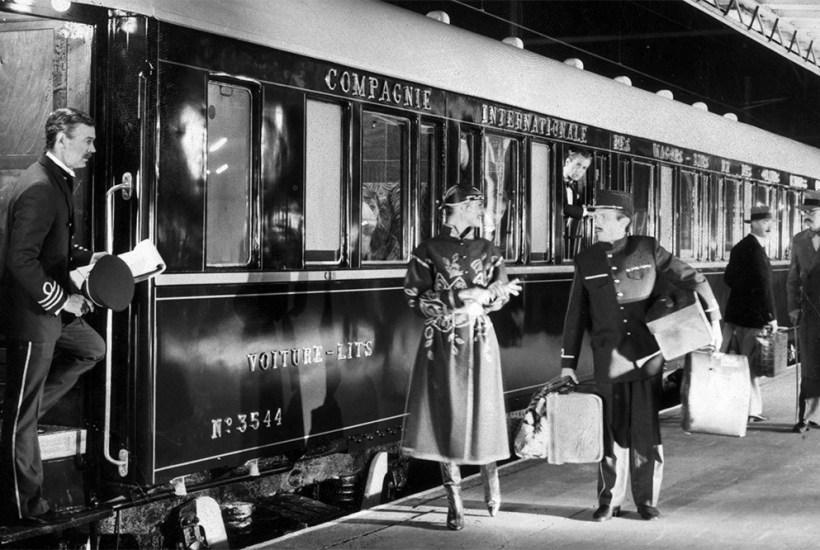It’s 10 o’clock on a Friday evening in early December. My crowded northbound train departed King’s Cross two hours late and has lost two more between Newark and Retford. Overhead line trouble, we’re told; engineers on the line. I’ve read this week’s Spectator from cover to cover. I’ve exchanged emails with friends in Los Angeles, whom I picture in sunshine with pre-lunch glasses of crisp white wine.
Already a subscriber? Log in
Subscribe for just $2 a week
Try a month of The Spectator Australia absolutely free and without commitment. Not only that but – if you choose to continue – you’ll pay just $2 a week for your first year.
- Unlimited access to spectator.com.au and app
- The weekly edition on the Spectator Australia app
- Spectator podcasts and newsletters
- Full access to spectator.co.uk
Or
Unlock this article
You might disagree with half of it, but you’ll enjoy reading all of it. Try your first month for free, then just $2 a week for the remainder of your first year.









Comments
Don't miss out
Join the conversation with other Spectator Australia readers. Subscribe to leave a comment.
SUBSCRIBEAlready a subscriber? Log in